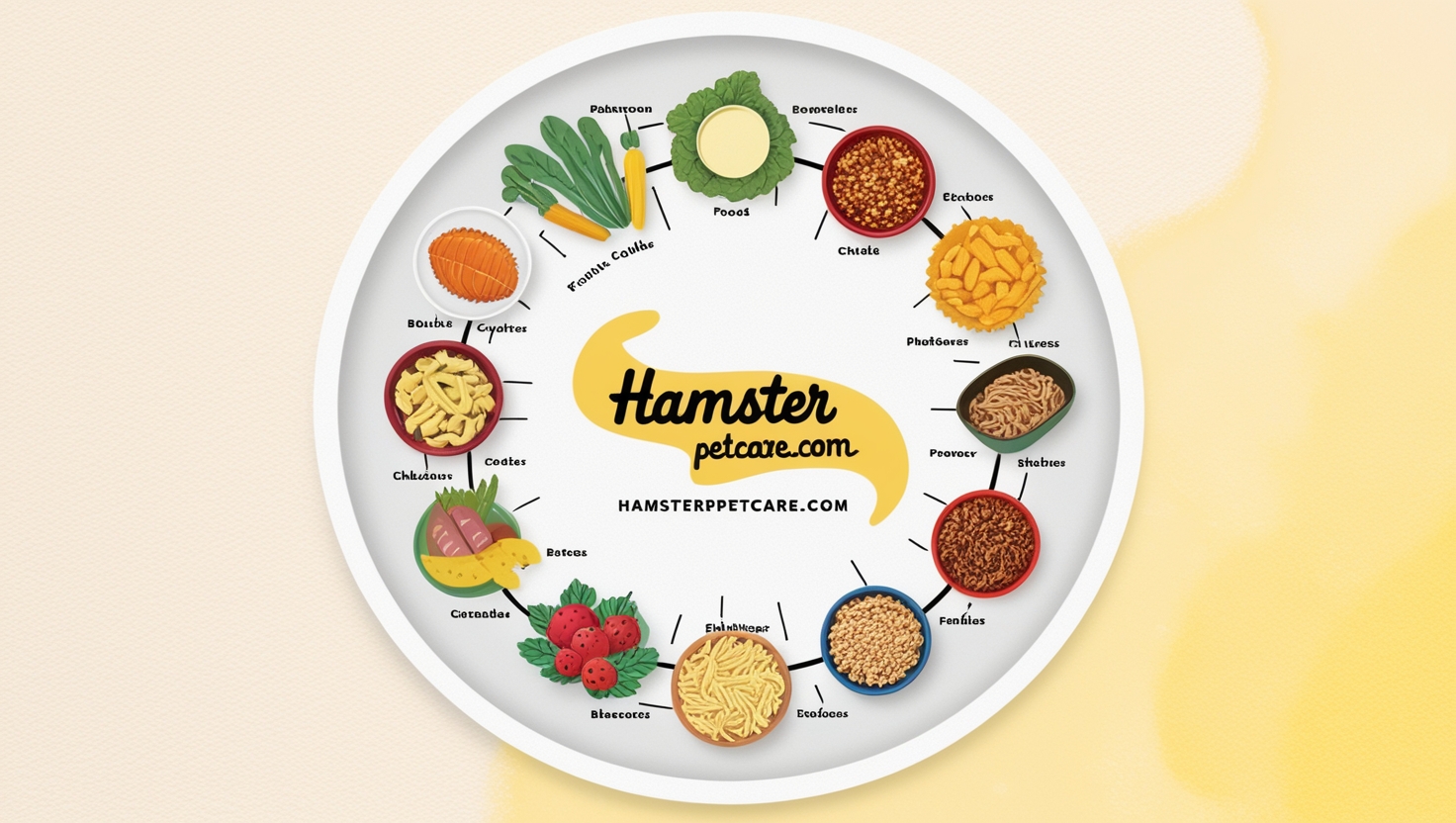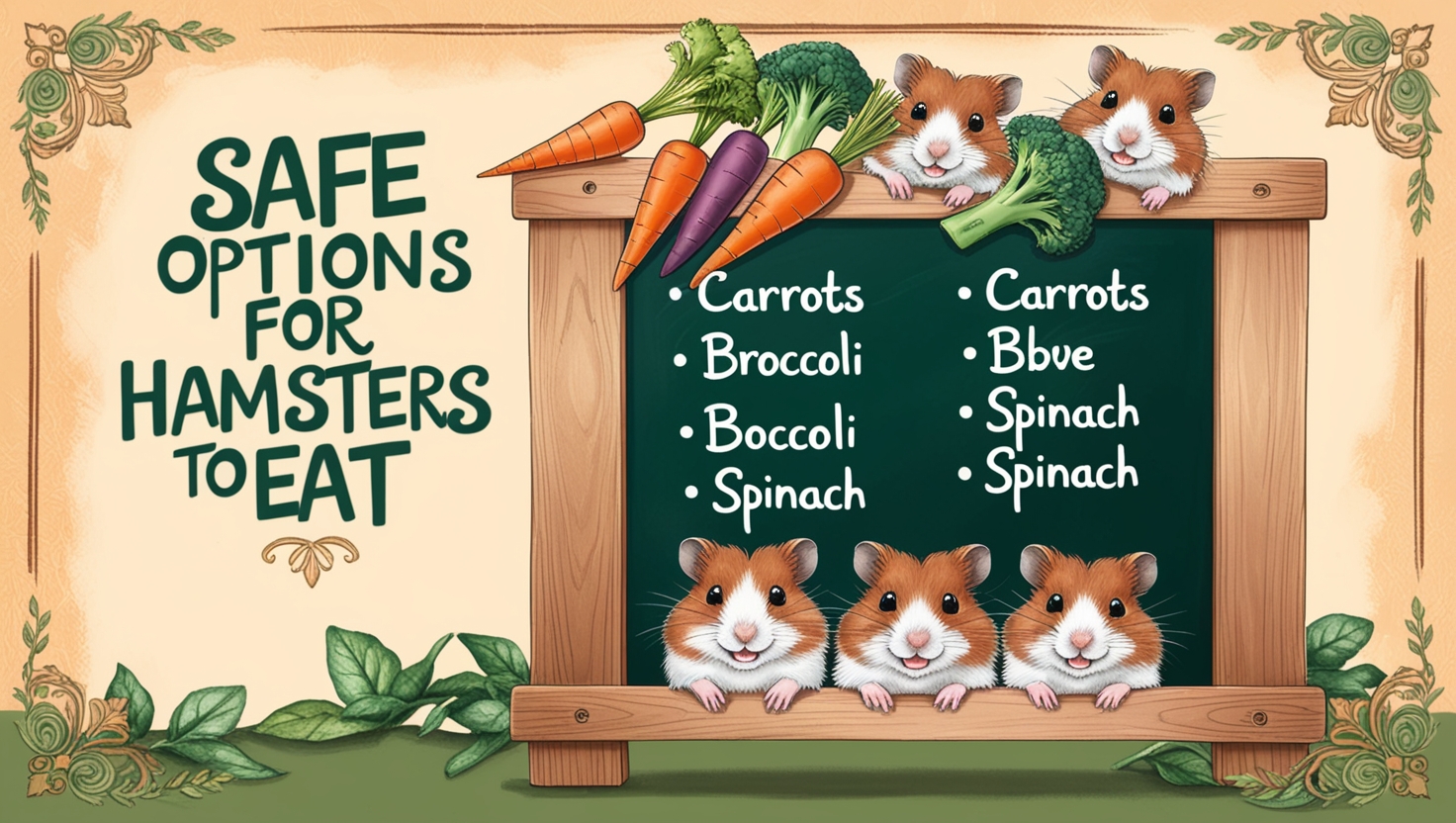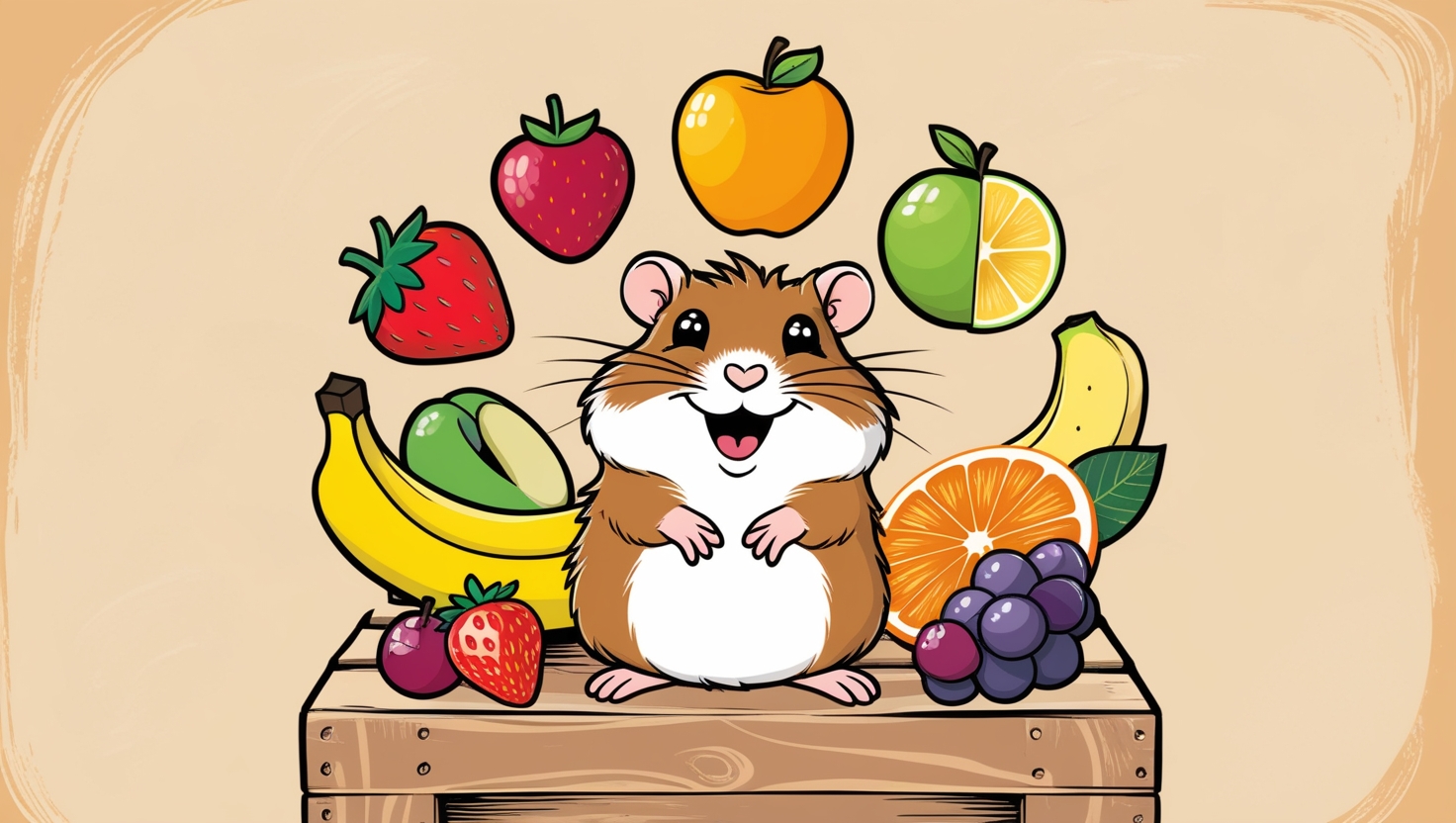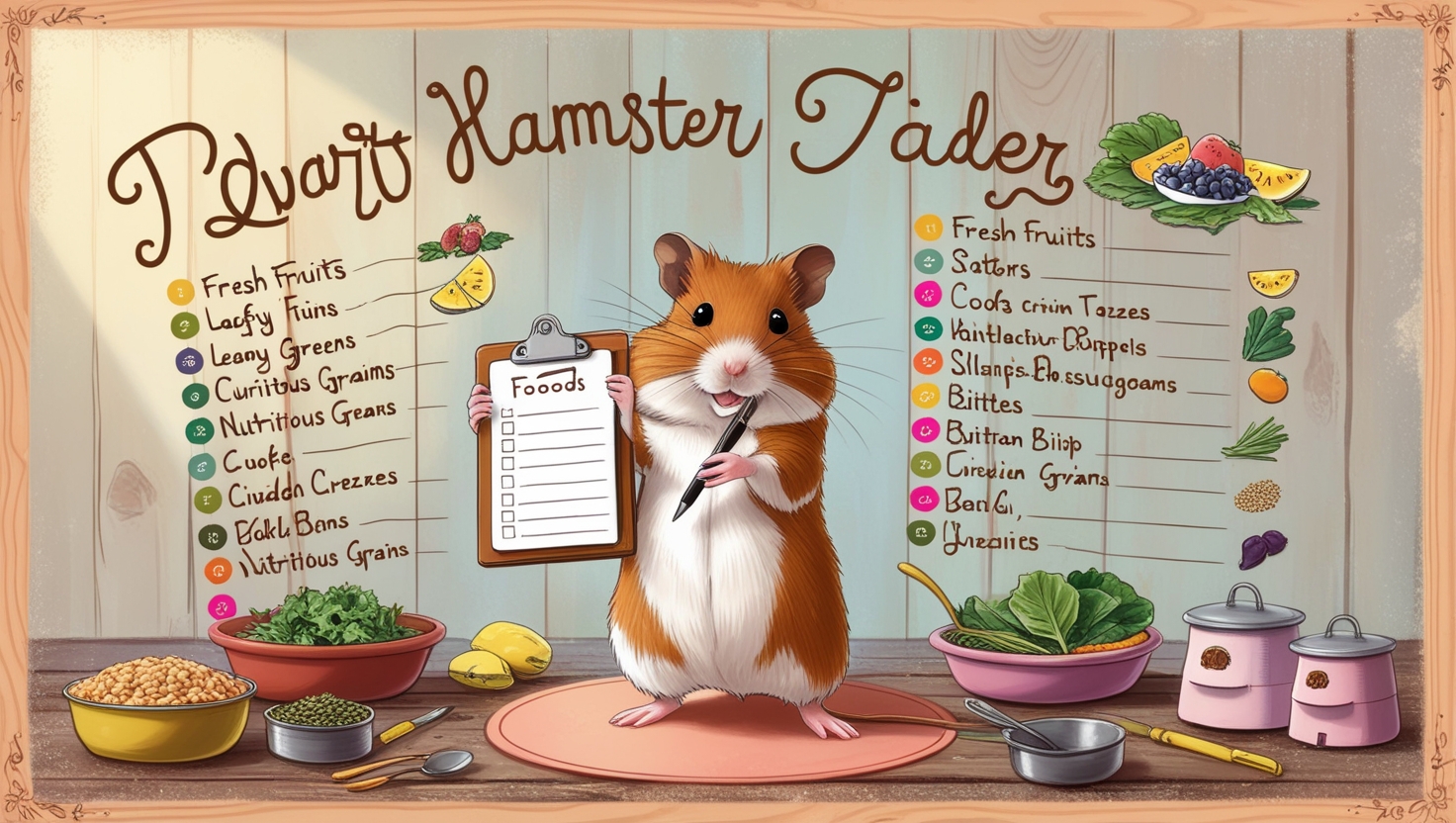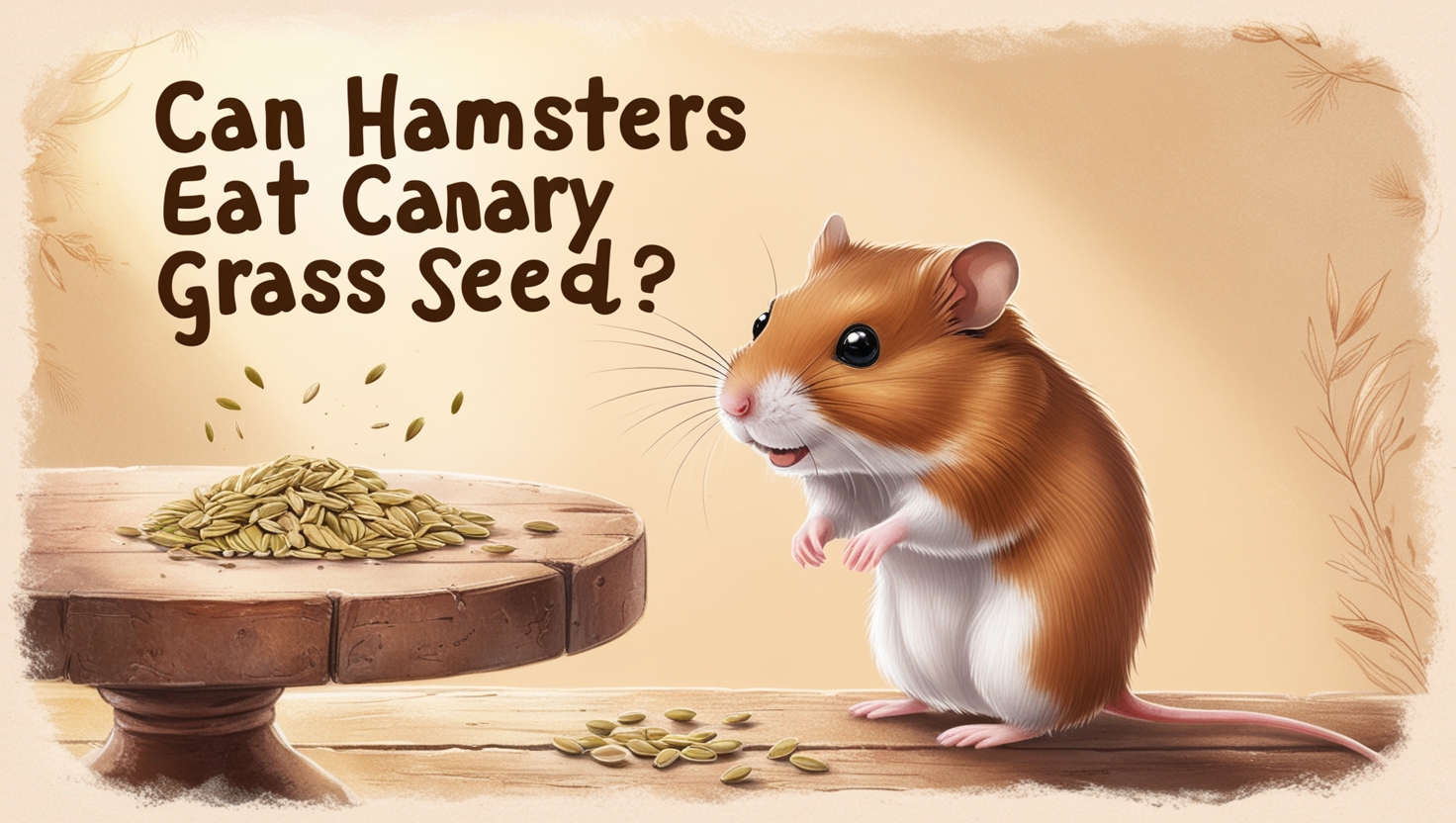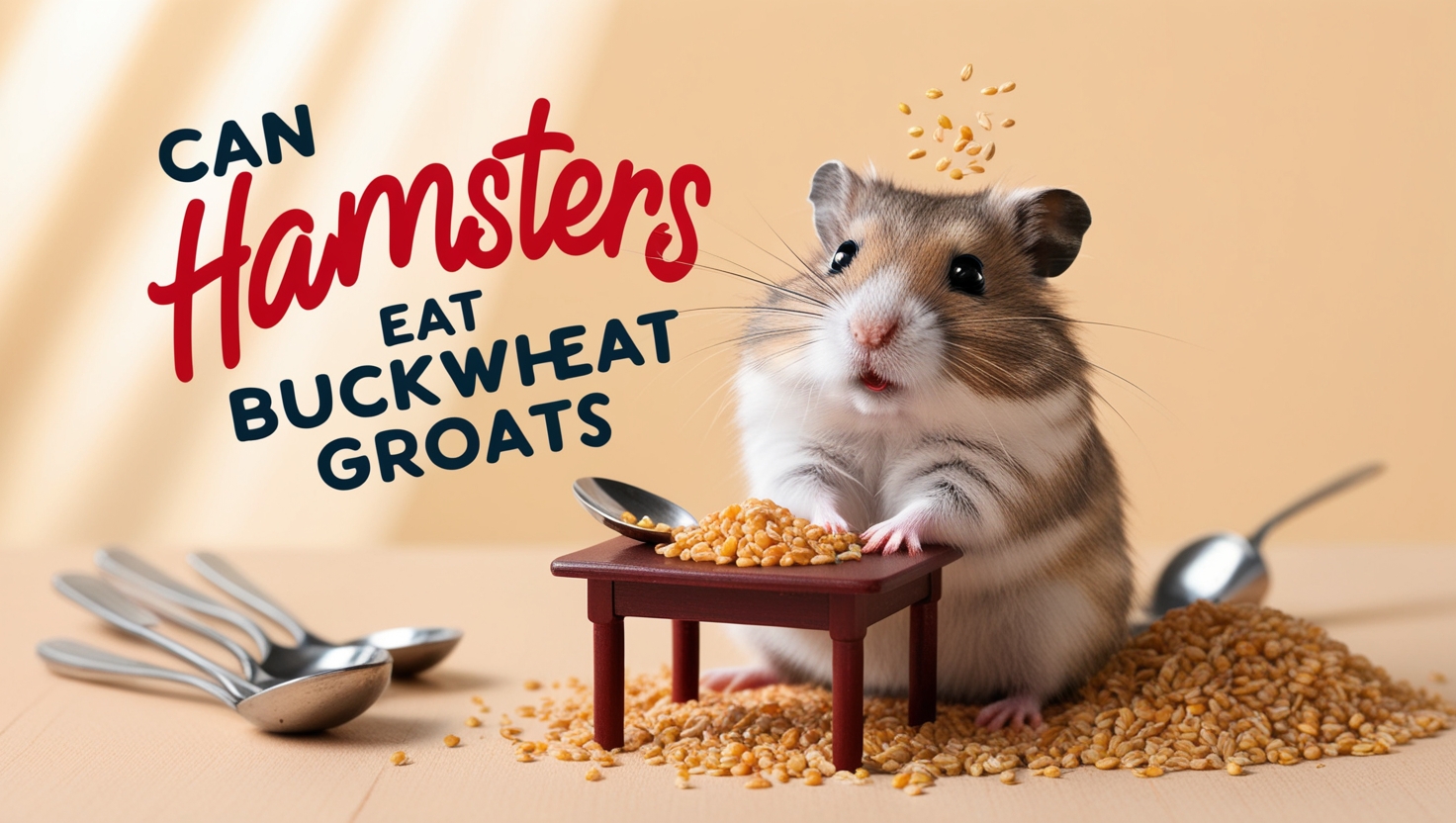Can Hamsters Eat Guinea Pig Food? In recent years, hamsters became very popular as pets. They are certainly present in homes all over the world the same number as cats and dogs, only they could never live together with these animals.
Otherwise, this little and cute mouse could become dessert after a bowl of warm milk. Hamsters are gentle and not particularly demanding as pets, so you don’t have to worry about its domestication. They learn fast and don’t make mess around the house, if you nurture them in a proper manner.
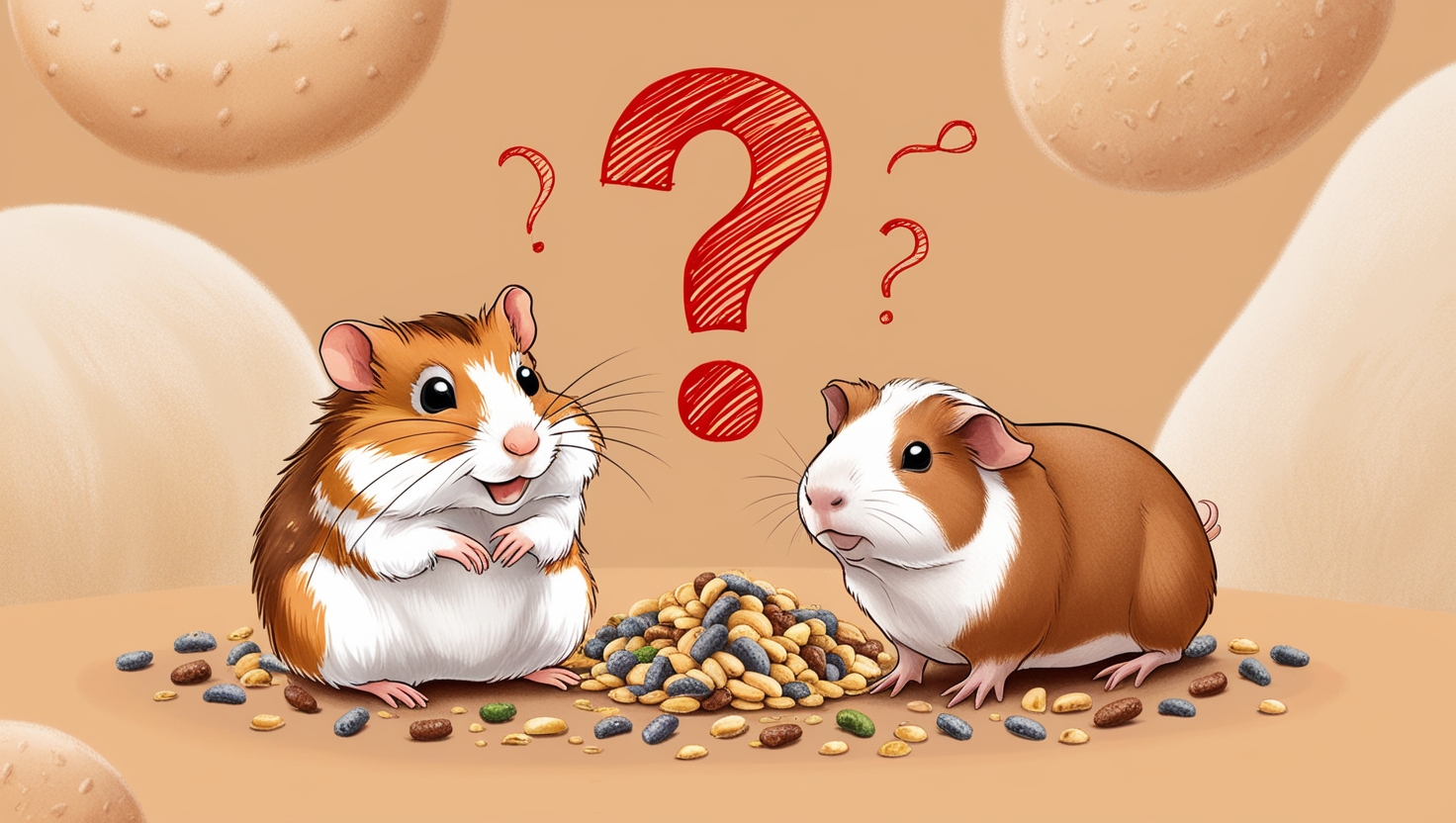
Can Hamsters Eat Guinea Pig Food?
Hamster and guinea pig food
Hamsters are omnivores. They prefer to eat a lot of different seeds and vegetable roots. There are also mixtures for hamsters you can buy in pet shop, but you can also make a good homemade selection of seeds and grains by yourself. Hamster is also a big fan of fruit, especially apples and bananas.
You can also give it some of the remains of your own food, even if it contains sugar. And if you wonder about quantities of food you feed it, just about 20 gr a time would suffice. It is to say one tablespoon of food.
If it didn’t eat everything you gave it one day, just remove the food and feed it fresh viands the following day. Hamster should always have the access to fresh and clean water.
It is also very important to insert a scrap of wood in its terrarium, in order to keep its teeth in good shape. In addition, it is a good way for hamsters to play and to take essential minerals in their organism.
Unlike hamsters, guinea pigs are exclusively herbivores and they cannot eat any food of other origin. The best advice is to keep to commercial food, with several servings of fresh fruit and vegetable a week. You can also let it eat grass, but only if it is away from traffic and dangerous toxins.
Their menu includes a large amount of vegetables and the list is quite lengthy. It includes lettuce, chard, peppers, zucchini, cucumber, tomato, green beans and other. Some vegetables should be given cautiously, because of calcium content. That applies to parsley and spinach. Carrots should be also given in small amount, because of their sugar level.
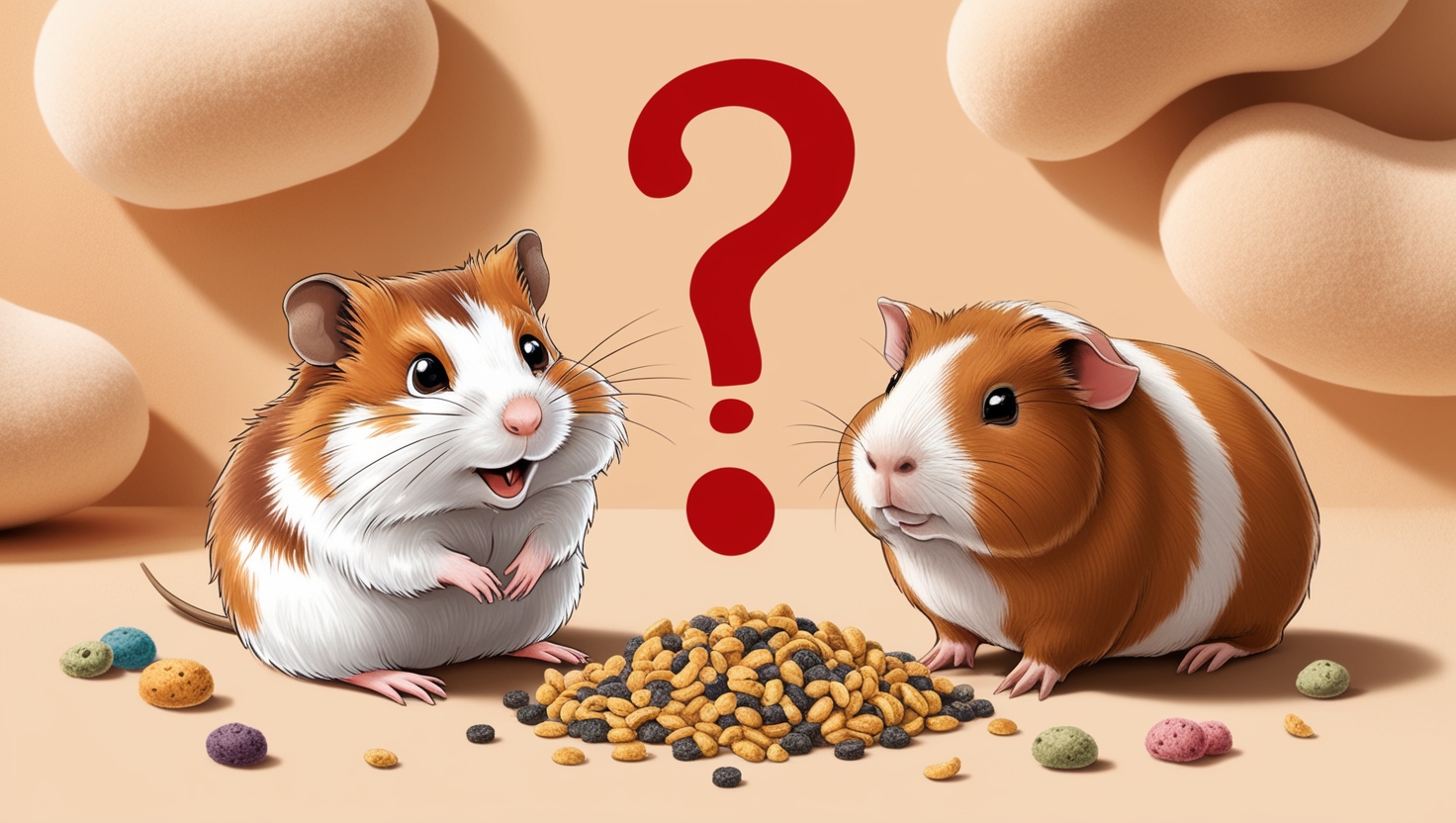
Hamster on a guinea pig diet?
There are divided opinions on this matter. Since hamsters are omnivores, they probably could eat the same vegetables and fruits like guinea pigs. When it comes to commercial mixtures, the best advice is to avoid it. It probably wouldn’t harm them, but it just does not provide essential nutrients hamsters need.
So, keep to food mixtures made exclusively for hamsters. You can give them some guinea food once in a while, but never include it on a regular menu.
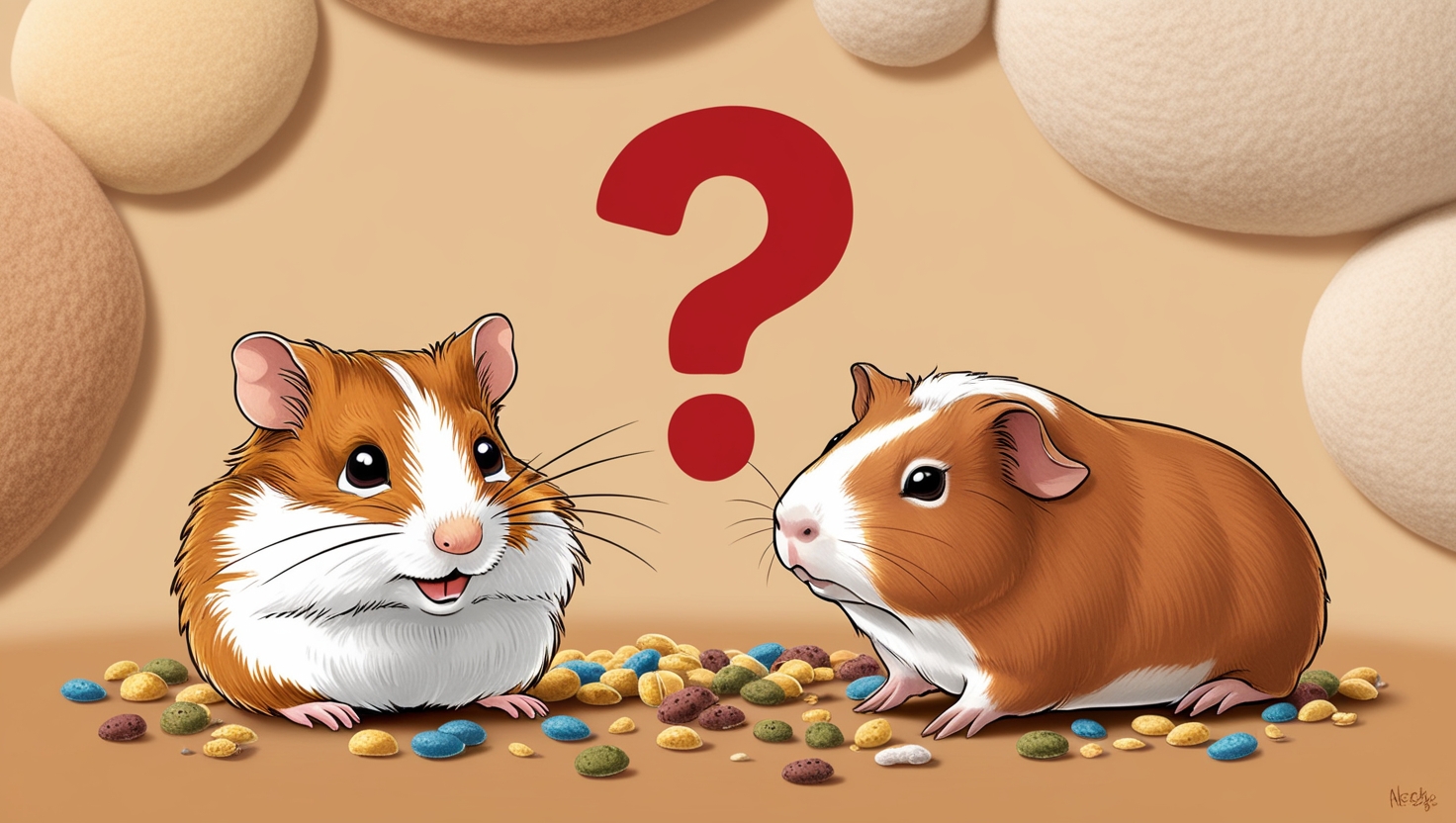
Nutrition of Guinea Pig Food
Guinea pigs have specific dietary requirements to ensure their health and well-being. Their primary diet consists of hay, fresh vegetables, and a small amount of pellets. Here is a general overview of the nutritional needs of guinea pigs and the components of their diet:
- Hay: High-quality hay, such as timothy hay, should make up the majority of a guinea pig’s diet. It provides essential fiber that aids in digestion and helps maintain dental health.
- Fresh Vegetables: Fresh vegetables should be a significant part of a guinea pig’s diet. They provide important vitamins and minerals. Common vegetables suitable for guinea pigs include:
- Bell peppers
- Romaine lettuce
- Kale (in moderation)
- Cucumber
- Zucchini
- Carrots (occasionally due to high sugar content)
- Spinach (in moderation)
- Pellets: Guinea pig pellets are specially formulated to provide necessary nutrients. When choosing pellets, opt for high-quality ones that are specifically designed for guinea pigs. Pellets should not be the main part of their diet but rather a supplement.
- Fresh Water: Fresh, clean water should always be available to guinea pigs to prevent dehydration.
- Fruits: Fruits should be given as treats due to their higher sugar content. Suitable fruits include:
- Apples (remove seeds)
- Berries (strawberries, blueberries, raspberries)
- Melon (remove seeds)
- Kiwi
Now, the specific nutritional values of guinea pig food can vary based on brands and formulations. When choosing pellets for your guinea pig, look for options that contain high levels of vitamin C (as guinea pigs cannot produce their own) and minimal fillers.
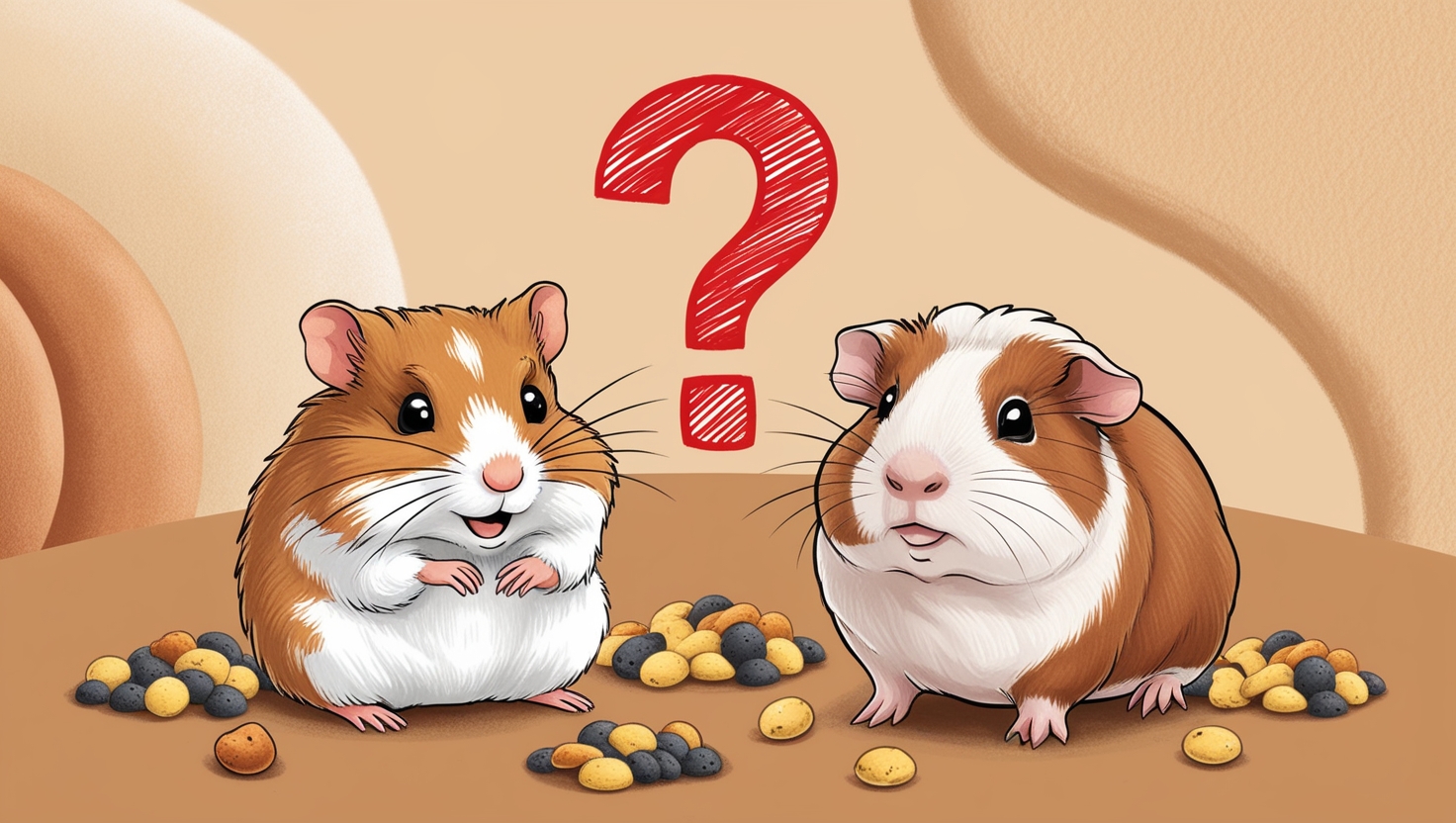
Conclusion
Guinea pig food often contains higher levels of vitamin C, fiber, and certain nutrients that are important for their health. Feeding guinea pig food to hamsters could lead to imbalances in their diet, potentially causing health issues over time.
If you have both hamsters and guinea pigs, it’s best to provide each species with their specific and appropriate food. For hamsters, choose a high-quality hamster food that meets their dietary needs, and for guinea pigs, select guinea pig food that is formulated to provide the necessary nutrients, including vitamin C. Always consult with a veterinarian who specializes in small animals to ensure you’re providing the best diet for your pets.
FAQs
Can hamsters eat guinea pig food?
While hamsters might nibble on guinea pig food, it’s not a suitable long-term diet.
Why is guinea pig food not ideal for hamsters?
Here’s why guinea pig food isn’t a good choice for hamsters:
Different Nutritional Needs: Guinea pigs and hamsters have different dietary requirements. Guinea pigs need a high amount of vitamin C, which hamsters can produce on their own. Hamster food is formulated to meet their specific needs.
Vitamin C Content: Guinea pig food is high in vitamin C, which can be harmful to hamsters in large amounts.
Fiber Content: Guinea pig food is often higher in fiber than hamster food, which can be difficult for hamsters to digest.
What are the risks of feeding hamsters guinea pig food?
Feeding hamsters guinea pig food can lead to:
Nutritional deficiencies: Hamsters may not get the necessary nutrients for their health.
Digestive issues: The high fiber content can cause digestive problems.
Health problems: Excess vitamin C can be harmful to hamsters.
What should I do if my hamster has eaten guinea pig food?
If your hamster has eaten a small amount of guinea pig food, it’s unlikely to cause serious harm. However, it’s best to avoid offering it in the future.
What should I feed my hamster instead?
Always feed your hamster high-quality commercial hamster food designed to meet their specific nutritional needs. Supplement with fresh fruits and vegetables, and occasional treats like seeds and nuts.
Remember: Always prioritize your hamster’s health and safety. Consult with your veterinarian for specific dietary recommendations and to address any concerns you may have.


 (1 votes, average: 4.00 out of 5)
(1 votes, average: 4.00 out of 5)